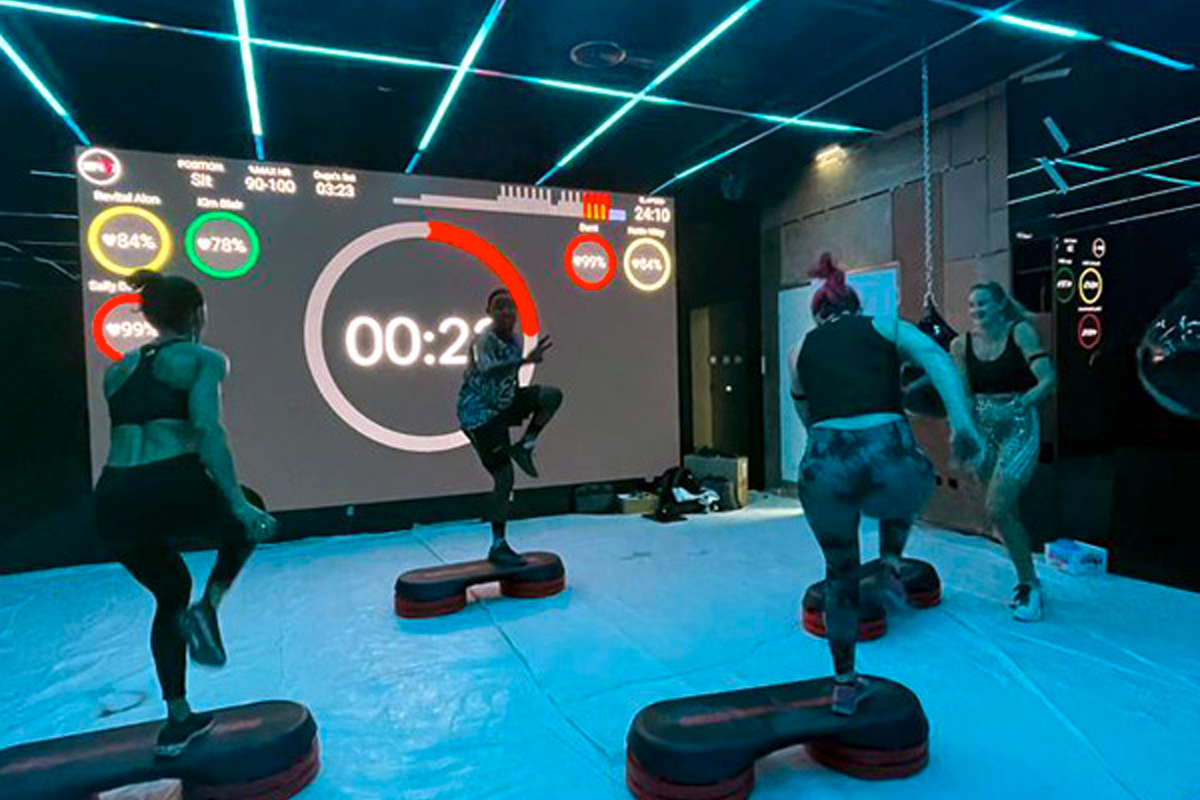Brain could be retrained to favour healthier, low-calorie foods: study

The brain could potentially be retrained to prefer healthy foods, helping people with weight loss and healthy eating plans, according to a small-scale pilot study published in the journal Nutrition & Diabetes.
Conducted by researchers at the Harvard Medical School and other research centres in the US, the study observed how the brain’s reward system responds to healthy and unhealthy food.
The research looked at a part of our brain that seemingly gives us rewards by releasing chemicals such as dopamine in anticipation of our consumption of food.
For the study, scientists followed 13 healthy but overweight obese men and women, who were part of a randomised trial of a novel weight-loss intervention over a six-month period.
This saw them randomly separated into groups, with one set taking part in a workplace diet known as the iDiet, while the others were told to take no dieting steps at all.
The scientists also sought to give MRI scans to each participant at the start and the end of the six months to see how the reward section of their brains reacted to dietary and food intake measures.
It was found that of those who followed the iDiet, which sought to educate and allow people to reduce calorie intake and eat healthier foods, the participants not only lost weight, but the part of their brain that gave rewards was more active when they were shown low-calorie foods.
The part of the brain, known as the striatum, also demonstrated less of a response when shown high-calorie foods after the six-month period.
When compared with the control group which didn’t partake in the diet, the participants on the iDiet also showed a greater increase in desire to consume the low-calorie foods and a greater reduction in desire to consume high-calorie food items.
Given that the research was conducted with an extremely small group, the scientists behind it have concluded that their findings require more investigation into the relationship of how the reward system relates to food.
Going forward, they have recommended that the striatum area of the brain should be explored for its ability to potentially impact on the effectiveness of behavioural weight loss interventions.
Other pieces of recent research have alluded to how the brain can be controlled to benefit our health, with one such study potentially unlocking the part of the brain linked to exercise motivation.

Receptionist
Sales Manager
General Manager
General Manager
Swim Teacher
Customer Service Advisor
Team Leader
Swim Teacher
Swimming Teacher
Swimming Teacher
Company profile

Featured Supplier

Property & Tenders
Company: Jersey War Tunnels
Company: Savills
Company: Cotswold Lakes Trust
Company: Knight Frank
Company: Belvoir Castle






































